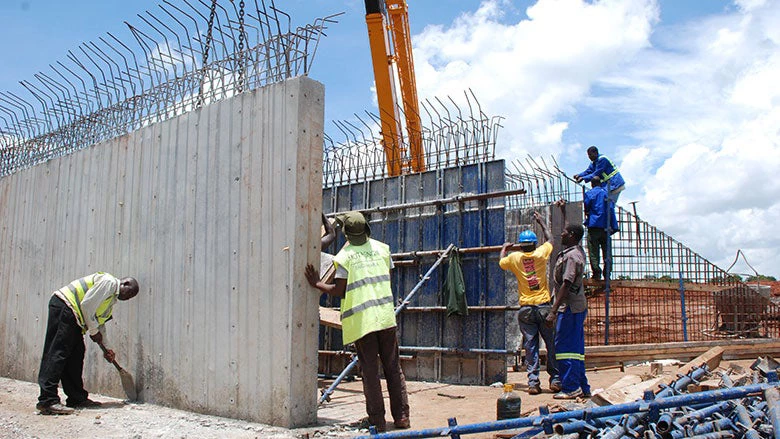
A new Country Economic Memorandum gives us a chance to step back and look at the deep drivers of growth since Malawi’s independence in 1964. What stands out, though, is just how far Malawi has fallen behind its peers. It’s easy to look at the seemingly insurmountable challenges the country faces—from droughts and floods to the country’s landlocked status—yet other countries in the region have experienced just as many climate-related disasters, and overcome them better. And throughout the 50 plus years of its independence, Malawi has been fortunate to be at peace and mostly politically stable.
We call this “the puzzle” of Malawi’s lack of development: It’s a puzzle because there is nothing natural about it, and in so many ways it’s hard to explain. Our new book tries to get to the bottom of the puzzle and look for ways in which Malawi can shift from falling behind to catching up with its African peers.
Malawi has many advantages, and there are plenty of examples of other countries that have successfully developed from a similar starting point. Rwanda has a similar set of natural resource endowments and has been able to engineer an agricultural take-off that is the envy of the continent. Similarly, arid, landlocked Botswana has managed to forge some of the world’s best institutions. Ethiopia, which was at similar levels of development in the 1990s, has been able to achieve remarkably rapid and stable growth.
Publishing the final overview is just one step in a two-year research effort: In trying to get to the bottom of the issue and look beyond the short-term ups and downs, we formed a small team of economists—both from government and Malawi’s development partners—that spanned out to do research across a range of different topics that we thought would need to be addressed for Malawi to move forward.
A country like Malawi has so many priorities, but our team managed to boil them down to the four that we thought most critical: (1) getting the basics right when it comes to macroeconomic stability, and then keeping them right over the medium-term; (2) focusing finite resources to support agricultural transformation more effectively, by shifting the emphasis from coping with risks to mitigating against them; (3) undertaking business environment reforms to foster private investment and job creation; and, (4) restoring the effectiveness of Malawi’s institutions to better execute reform.
In fact, the report comes at a time when things are beginning to look up for Malawi. After five years of high, volatile inflation, the rate of price increases is down to single digits. Difficult reforms to improve fiscal management and pay off arrears are paying dividends as the budget deficit is reduced. And, most encouragingly, Malawi was recently highlighted as being among the world’s top reformers in the Doing Business 2018 report, jumping 23 places up in the rankings.
So clearly, Malawi can do it. The challenge is to sustain this progress over time—and then can the country really start to catch up.



Join the Conversation